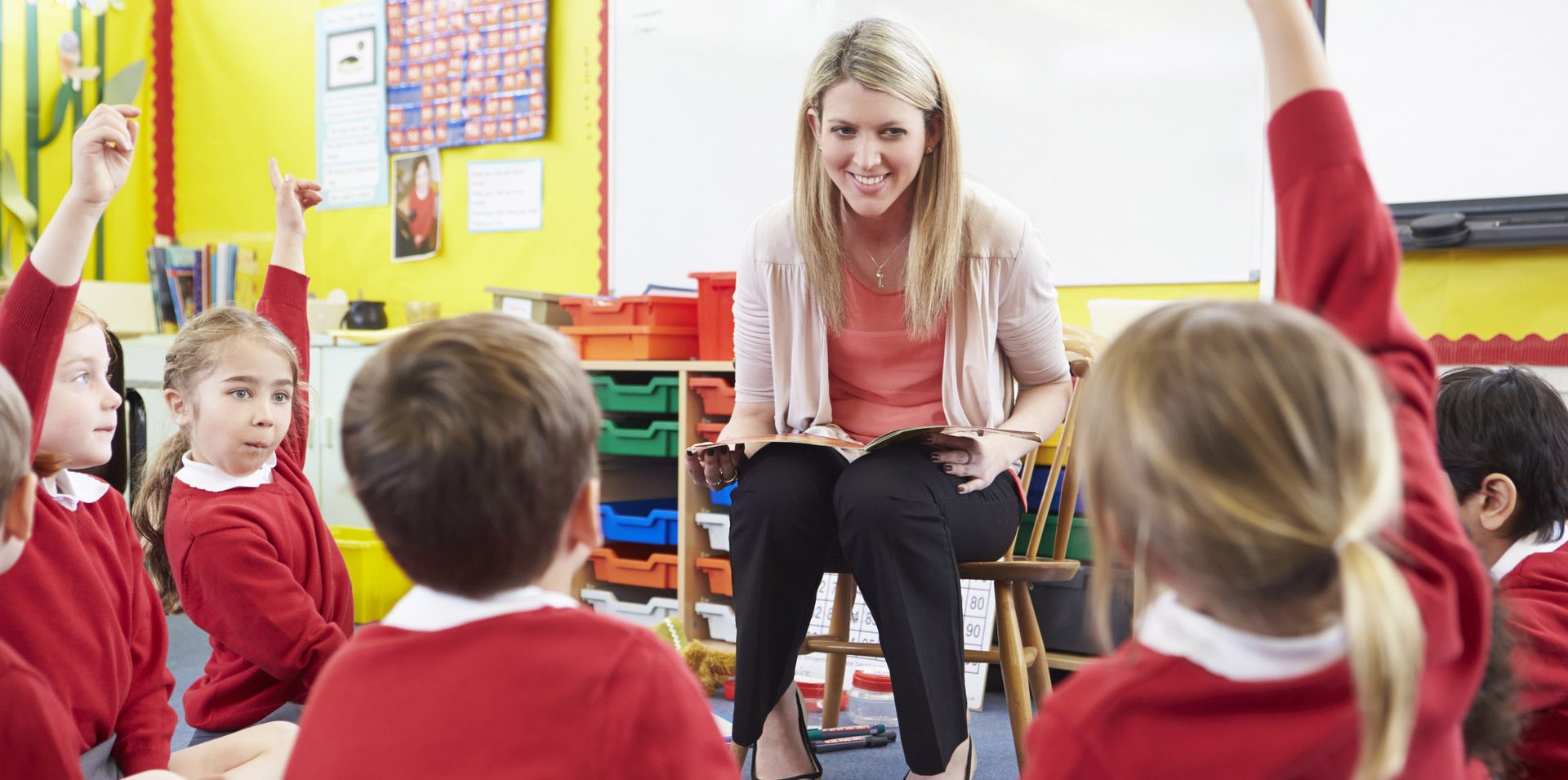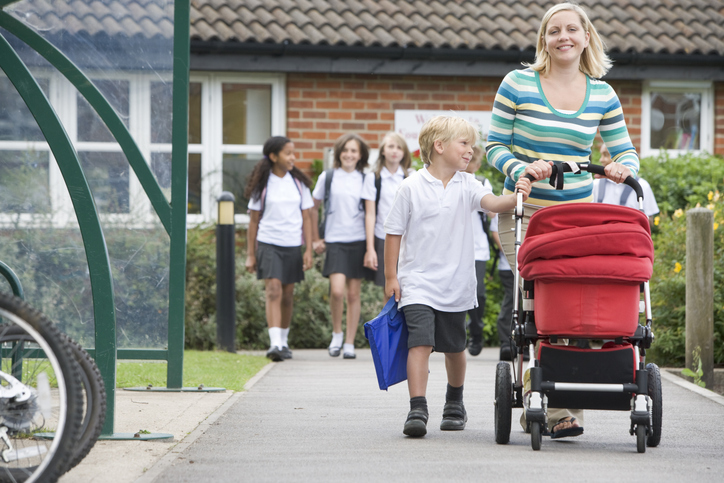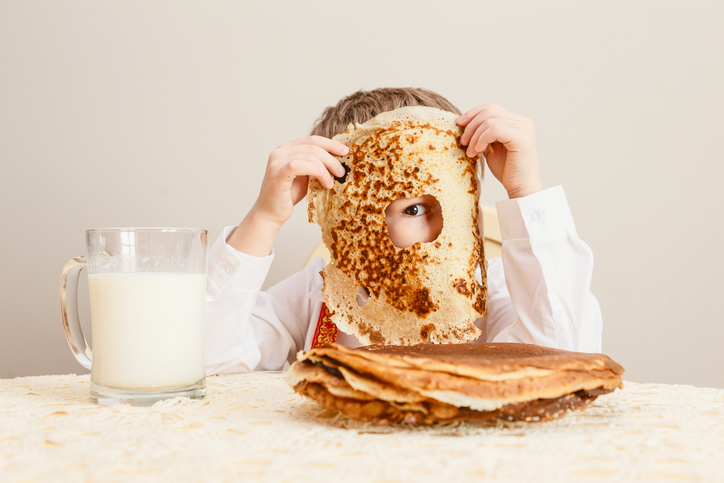Praise is better than punishment to make children behave
Teachers should focus on praising children for good behaviour rather than telling them off for being disruptive, according to a study.
Pupils are more likely to focus in class and concentrate on their schoolwork if they are commended rather than reprimanded, according to research published in Educational Psychology.
Researchers in North America spent three years monitoring 2,536 children aged between 5 and 12 at schools across three US states.
They examined the number of praise statements teachers gave out, compared with the number of reprimands – which they termed the praise-to-reprimand (PRR) ratio, and the impact it had on pupils.
In half of the classrooms, teachers followed a behaviour programme in which students are told the social skills they should be showing in lessons and are rewarded for using them.
Teachers used their typical classroom management practices in the other half of the classes.
The research findings suggest that in the classes with the highest PRR, pupils spent 20 to 30 percent longer paying attention to the teacher or their task, compared with those where the PRR was the lowest.
Dr Paul Caldarella, the academic from Brigham Young University who led the study, said: “Unfortunately, previous research has shown that teachers often tend to reprimand students for problem behaviour as much or more than they praise pupils for appropriate behaviour, which can often have a negative effect on classrooms and student behaviour.
“Praise is a form of teacher feedback, and students need that feedback to understand what behaviour is expected of them, and what behaviour is valued by teachers.”
“Everyone values being praised and recognised for their endeavours – it is a huge part of nurturing children’s self-esteem and confidence,” he added.





